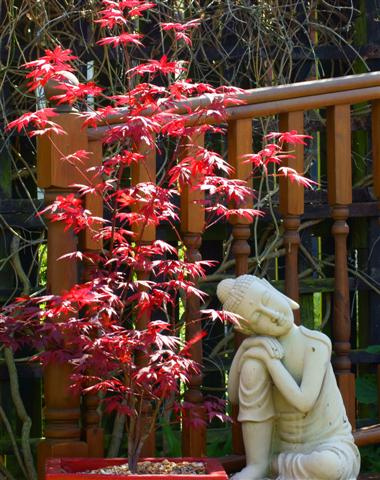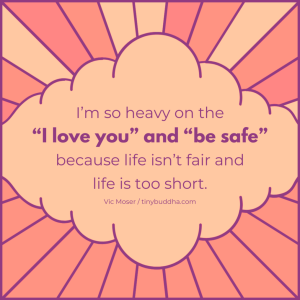“You validate people’s lives by your attention.” -Unknown
For as long as I can remember, wanting attention has seemed like a shameful thing.
“She’s only doing that for attention.” “He’s only telling that sob story for attention.” “She only volunteered to help for attention.”
Have you ever said or heard something like this? I know I have. Many times throughout my life, I’ve analyzed people’s words and actions and essentially judged whether or not their intention was to hoist themselves into the spotlight.
Every time I’ve done this, somewhere inside me I’ve thought, “It’s bad to be desperate for attention.” And somewhere underneath that, “I hate that I’ve been desperate for attention.”
Call it second child syndrome, but I came out of the womb screaming, “Look at me!” And then “What are you looking at?”
That’s the thing about insecurity—you simultaneously crave an audience and fear what they might be thinking.
I have a healthier sense of self these days, but I can still be triggered by (what I might believe is) attention seeking behavior—and it’s generally because I’m subconsciously judging many of my former choices.
Not everyone acts out to gain approval, but no matter how you slice it, the desire for attention is a call for love. What would happen if we started seeing it that way, instead of turning attention into a four letter word?
I’m not talking about enabling people when they’re doing dangerous things, or condoning disrespectful, inconsiderate choices.
I’m talking about shifting our perceptions so that we’re less apt to judge and more likely to understand. That doesn’t mean we need to be pulled into drama. It just means we look a little below the surface to empathize before responding–and in this way, we’re better able to recognize when attention seeking is actually a cry for help.
We all look for validation every now and then. We’re all people who want attention. And we can all choose to be compassionate when we see a call for love instead of judging the need.

Photo by sarniebill
About Lori Deschene
Lori Deschene is the founder of Tiny Buddha. She started the site after struggling with depression, bulimia, and toxic shame so she could recycle her former pain into something useful and inspire others do the same. She recently created the Breaking Barriers to Self-Care eCourse to help people honor their needs—so they can feel their best, be their best, and live their best possible life. If you’re ready to start thriving instead of merely surviving, you can learn more and get instant access here.
- Web |
- More Posts













 Though I run this site, it is not mine. It's ours. It's not about me. It's about us. Your stories and your wisdom are just as meaningful as mine.
Though I run this site, it is not mine. It's ours. It's not about me. It's about us. Your stories and your wisdom are just as meaningful as mine.